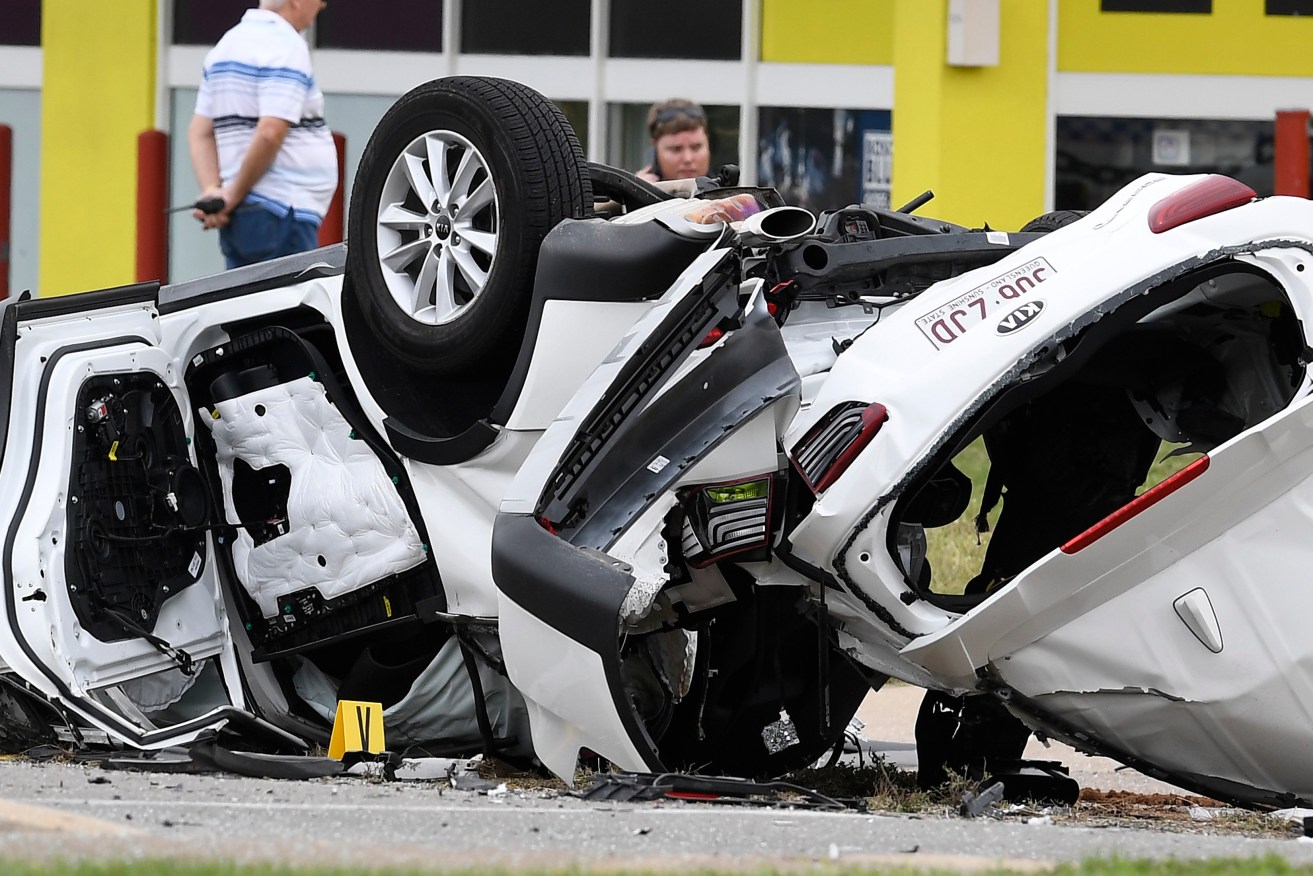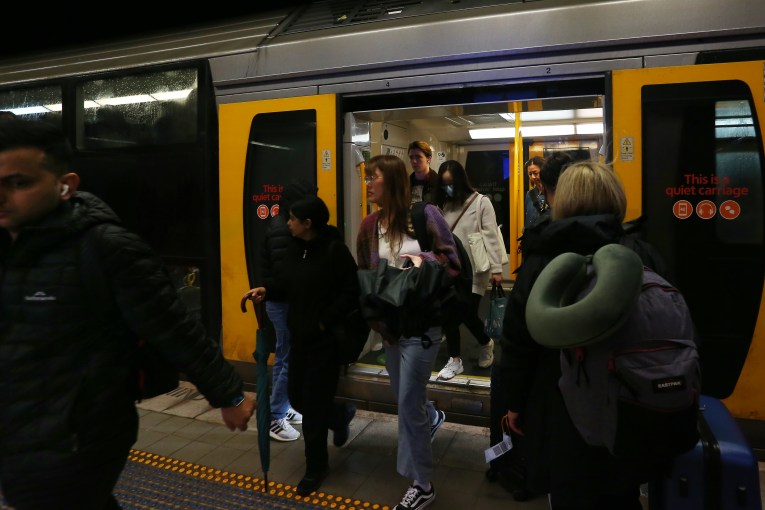Road tolls rise on pandemic reopening


The road toll isn't just a number; it represents people's loved ones. Photo: Getty
Road tolls across the country have risen after a year of extreme rainfall, floods and the widespread easing of COVID restrictions.
The NSW government said 288 people died on the state’s roads in 2022, up from the low of 275 in 2021, but still below the pre-pandemic average which was nearing one death every day.
Tolls were also up in Queensland – to 299 from 277, a 13-year high – and Victoria (to 240 from 233) and Tasmania (to 50 from 35) in 2022.
Transport for NSW safety, environment and regulation deputy secretary Tara McCarthy said the NSW road roll was the third-lowest in 100 years, but the government was committed to reducing road deaths to zero by 2050.
“The road toll isn’t just a number. It’s someone’s mum, dad, son, daughter, partner, or friend,” she said in a statement on Monday.
“Any death or serious injury is one too many and the NSW government is continuing to roll out plans to help drive down our toll.
Speed was the main factor in more than 40 per cent of all road deaths in NSW in 2022, with driving under the influence of alcohol or drugs the key factor in 20 per cent and fatigue the leading factor in 14 per cent of deaths.
About 70 people lost their lives in wet weather conditions, a jump of 44 in 2021, amid extreme rainfall and flooding across the state.
Ms McCarthy urged drivers to take care on the roads in the remaining holiday period, particularly if they were driving in the wet.
“If you’re travelling this summer, please make sure you slow down and drive to the conditions, especially when the weather is wet,” she said.
“If you come across floodwater, stop, turn around and find another way.”
Queensland’s toll sparked alarm on Monday. Roads Minister Mark Bailey says the rise, after 277 deaths in 2021 and a record low of 220 in 2019, was a major concern.
He said the government would host a road safety roundtable with transport experts, stakeholders and industry leaders to work out solutions.
“We’re going to need a reset in terms of how people go about driving in Queensland, how we go about policy in Queensland for 2023 because we want 2023 to be a lot safer year on our roads,” he said.
“What we’ll be doing is calling a roundtable together, all our stakeholders in the last week of January to put everything on the table. We know there’s a dual responsibility here and let’s be clear about this: There’s a responsibility on every driver, every time they drive to make safe choices.
“There’s also a responsibility on government to be very aware and to respond from a policy point of view when things don’t go the way we want them to go.”
Mr Bailey said – as in NSW – speeding, driving under the influence of alcohol or drugs, not wearing a seatbelt, distraction and fatigue were still the main factors in fatal accidents.
The number of people killed on Australian roads had already reached 1191 by November 30, according to federal figures. It is expected to rise further as states finalise December statistics.
-with AAP








